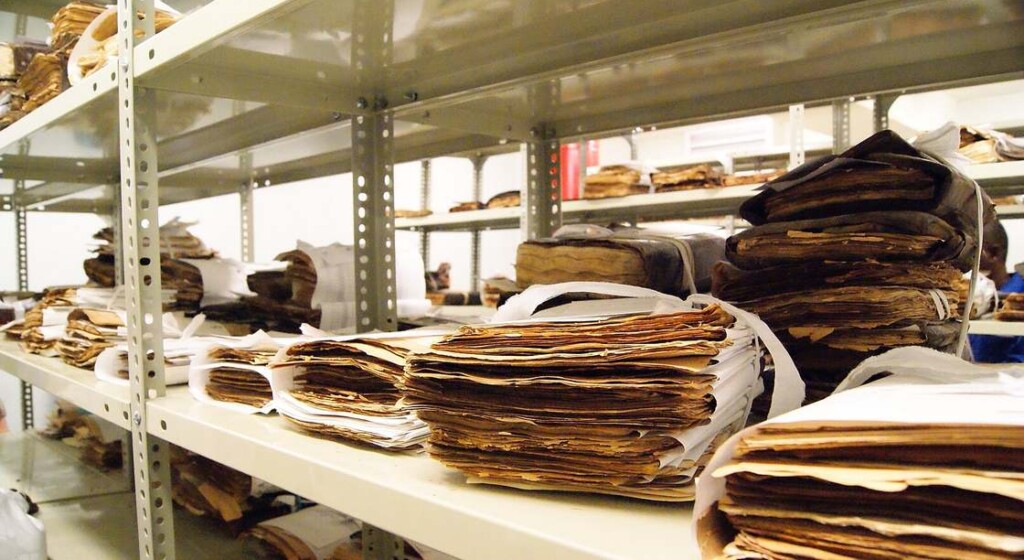Timbuktu’s Medieval Manuscripts Return Home After A Decade Away Safe From Insurgents

Thousands of ancient Arabic texts have returned to their rightful place in the legendary Saharan trade city of Timbuktu after years of safe-keeping further south.
Having undergone extensive digitization, fear that the content of the manuscripts may not survive the centuries due to security concerns or funding have abated somewhat.
Mali was once the center for the richest kingdom arguably in history, and that wealth afford scholars the leisure time for tens of thousands of hours of study, much of which was written down and preserved in the dry desert air.
Kept within the antique centers of learning in Timbuktu, their existence was threatened by Islamic insurgents that spread through North Africa and the Sahel in the wake of the overthrow of Moammar Ghaddafi in Libya back in 2011.
A year later, the insurgency swept into Timbuktu, but by then residents had smuggled out some 300,000 manuscripts south to the capital of Bamako. Most have now been brought home.
Their finely preserved pages, some glittering with gold leaf, catalog a wealth of medieval knowledge that occasionally outshines parallels to what had been collected in Europe at the time. Historical chronicles of West African empires sit next to medical treatises, astronomical works, even a surgical manual that records an instance where doctors in Timbuktu operated on a man’s cataracts.
“The same manuscript also says that a doctor from Timbuktu saved the French [prince],” said Sane Chirfi Alpha, the founding member of SAVAMA DCI, a local nonprofit organization dedicated to the safeguarding, preservation, and promotion of the ancient Timbuktu manuscripts, and was largely responsible for extracting them before the insurgent group Ansar Dine sacked the city.
“The crown prince was sick, and French doctors could not cure him. It was the doctor from Timbuktu who cured him.”
In addition, many of the texts reveal what was on the minds of scholars and the man-on-the-street at the time. Legal debates, such as whether it was moral to smoke tobacco, or whether dowries should be lowered to permit poorer men to marry, can also be found upon their pages.
The Ahmed Baba Institute in Timbuktu not only helps care and house the manuscripts, but continues coursework on their contents.
OTHER AFRICAN NEWS: ‘Camel Milk Revolution’ Is Improving Nutrition in Somalia and Creating Jobs
“When a student finishes studying with a scholar, that scholar gives him a certificate saying he has taught him a subject, which the student has mastered,” explained Dr. Mohamed Diagayaté, general director of the Ahmed Baba Institute, to Africa News.
“The certificate also says that the student learned it from a certain scholar, and that this scholar learned it from another scholar, going right back to the person who wrote the original document.”
AFRICAN HISTORY MAINTAINED: Traditional Maasai Warrior Transforms Training Camp to Prepare Young Men for 21st Century Leadership
In addition to the scholars, specialists in the care, handling, archiving, and digitization of the manuscripts are trained at the institute. It’s a popular pursuit for youth in the area. Security is still an ongoing concern, and researchers—especially from the wider world, are hesitant to make the long drive out into the desert to visit the institute, stunting the conservation work that could be done.
But their return home after more than a decade away is surely a sign that the wisdom of the past has a brighter future ahead.
WATCH the story from Africa News…



Please be good and do not spam. Thank you.